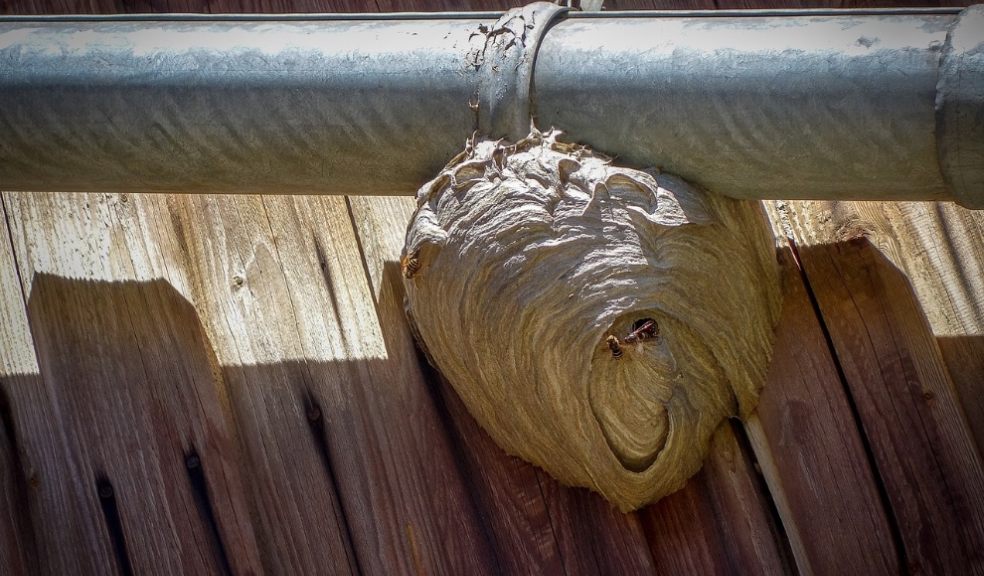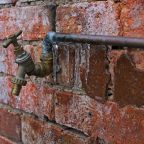
How to get rid of pests
Pests. No one likes them. No one wants to share a shower with a spider or share their dinner with ants.
You give a mouse a cookie and suddenly you are his roommate.
Or maybe you’re afraid of bugs. You have a fly swatter and flee at the sight of spiders. But you freeze in fear when you see IT. They torture you as you run past. Wasps. They taunt you. They do not die quickly but seem to grow. You want to get rid of them ASAP, but you can’t move past the fear of getting stung. So, you google pest control or wasp nest removal near me.
Signs of pest infestations
- Droppings- if you see faecal dropping in your house then you most likely have a pest infestation. Try to trace where the pest could be by investigating the area of the droppings.
- Smear marks- Mice and rats tend to leave smear marks against surfaces, walls and gaps, and so if you see a mark, you likely have a rodent problem.
- Noise- Identify the sound the pests make. Take a recording and then try to match the sound to the bug. If you hear squeaks, you certainly have a mouse problem.
- Odours- detect the pest infestation by the odour, for example, rodents leave strong smells of urine and ammonia.
- Damage to food packaging and electrical cables- Pests can contaminate food intended for humans. Additionally, pests like insects can cause damage to electricals by entering inside them.
- Your pet’s behaviour- A cat will demonstrate that there is an invader in your house by hunting. If you witness a cat excessively sniffing and pacing know that you have a pest problem.
- Your neighbour is using an exterminator- this means that there’s a high chance that you have pests. Have a conversation with your neighbour and then look into hiring an exterminator.
Save a little life: humane practices
If possible, it’s important to start with humane deterrents.
Here are five kind ways to get rid of pests.
- Be aware- some fragrances will attract bees, wasps and flies. You smell great not just to us but to the bugs. Avoid fruity and sweet scents if you are afraid of the creepy crawly.
- Use repellants- insect repellants reduce the chance of being bitten. Insects can carry diseases so it’s important to be prepared.
- Remove not kill- insects have a very short lifespan, adult wasps live between 12 and 22 days. Other pests may live longer, snails live up to seven years in the wild. Just because they are small doesn’t mean that they’re insignificant. But you are right to think of them as a nuisance. Try to remember that they are more scared than you are and deserve kindness. It might seem natural to squash a bug that has entered your space but why do that when there are humane options? Grab some kitchen roll and gently remove the bug from your house or cover it with a mug and transport it out.
- Clean your house – a clean house will not be inviting to hungry pests. Make sure you sweep your house regularly, including your kitchen. Don’t leave crumbs on the floor. Different insects will go for different foods, for example, ants like sweet things. Ensure your food is stored tightly to prevent access to bugs.
- Dry damp areas- some bugs like house centipedes will come inside for water so make sure all surfaces are dry. Call the plumber to fix any leaky faucets, drains, or pipes. Regularly check that your household machines work properly, particularly your washing machine, dryer and dishwasher.
- Let your cat play with your mouse- Allow nature to run its course if you have a pet cat. There is evidence that cat scent can reduce rodent reproduction, which helps to slow the infestation's spread. Be aware that not all domesticated cats will have the motivation to hunt so the mouse still may be running free.
Call for reinforcements
So, you've tried everything and now it's clear you need a professional. It's time to call the exterminator and take control of your pest problem.
While DIY pest control might seem cost-effective, it's rarely efficient or fast enough to tackle serious infestations.
But there's no need to worry. Exterminators conduct thorough inspections of the infested areas before beginning treatment.
Pests can pose significant health risks. Cockroaches can spread salmonella, and ticks are known carriers of Lyme disease. Prioritising your health and cleanliness is essential.
Exterminators will not only eliminate the pests but also educate you, leaving you confident and informed about maintaining a pest-free environment.













